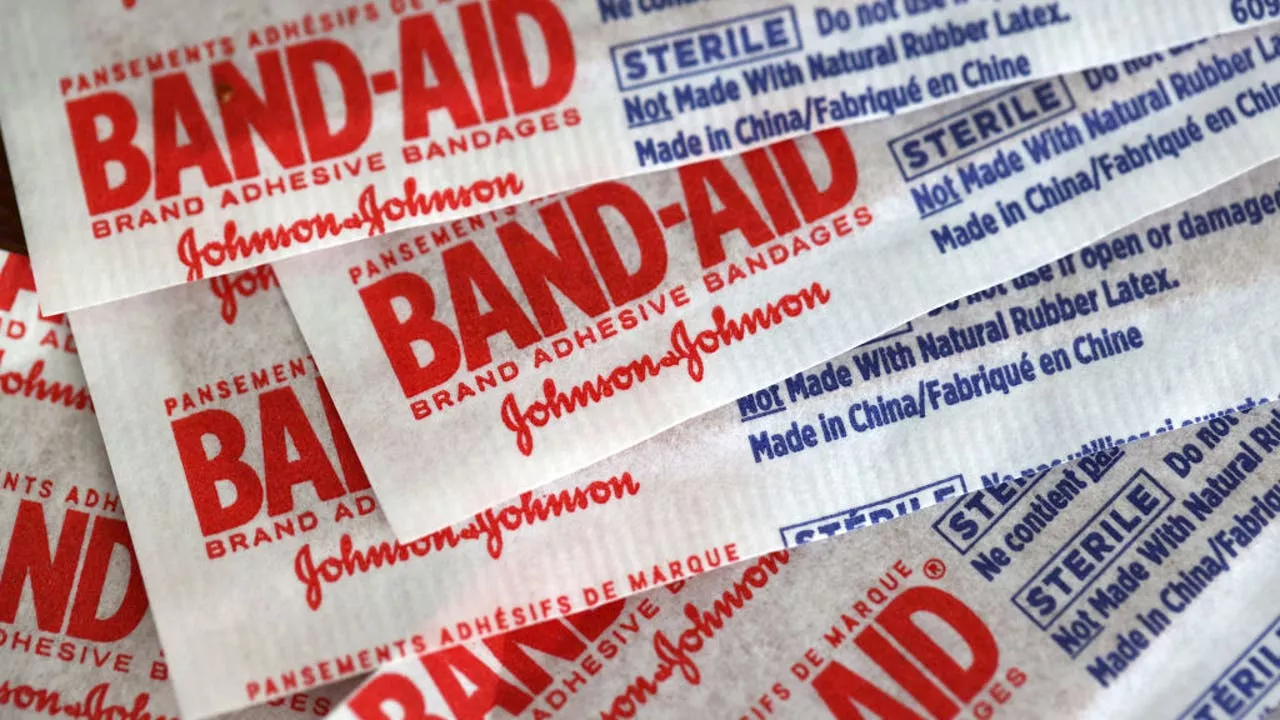PFAS chemicals are in our water, in our food, in our air and on our skin. And they are linked to a long and growing list of medical concerns. WBUR spoke with scientists about what changes they’ve made in their own lives and what they recommend others do to avoid PFAS.
It’s impossible to completely avoid PFAS, a class of human-made chemicals that has been linked to a growing list of. There are thousands of types of PFAS, and many are not well studied. Yet they’re in everything from stain-resistant rugs to dental floss, outdoor gear, food packaging and soil.
Certified labs can do PFAS water testing. However, there are not many labs in Massachusetts that do this testing, and it can cost close to $500. The state maintains a Elsie Sunderland, an environmental chemist at Harvard, tested some compostable containers from a university dining hall. Her team found PFAS leached out of the containers at levels higher than have been measured at a superfund site on Cape Cod.
Although scientists have found PFAS in some produce, meat and dairy products, there isn’t yet enough information to make concrete dietary recommendations. Experts recommend skipping stain-resistant coatings or sprays for furniture, shoes and clothing. And they suggest avoiding products labeled as stain-resistant or waterproof.Scientists are discovering that lots of personal care products have PFAS in them.
United Kingdom Latest News, United Kingdom Headlines
Similar News:You can also read news stories similar to this one that we have collected from other news sources.
 The Dangers of PFAS: The 'Forever Chemicals' Linked to Health ProblemsInvisible, omnipresent "forever chemicals" have been linked to a wide range of serious effects on human health, prompting growing calls for them to be banned. While there is firm evidence that at least one of the more than 4,000 human-made chemicals called PFAS causes cancer, researchers are still attempting to fully understand their broader impact on health.
The Dangers of PFAS: The 'Forever Chemicals' Linked to Health ProblemsInvisible, omnipresent "forever chemicals" have been linked to a wide range of serious effects on human health, prompting growing calls for them to be banned. While there is firm evidence that at least one of the more than 4,000 human-made chemicals called PFAS causes cancer, researchers are still attempting to fully understand their broader impact on health.
Read more »
 Study finds 'forever chemicals' including PFAS in popular bandage brandsA recent study found 'forever chemicals,' like PFAS, in popular bandage brands, raising concerns about health risks from seemingly innocuous household items.
Study finds 'forever chemicals' including PFAS in popular bandage brandsA recent study found 'forever chemicals,' like PFAS, in popular bandage brands, raising concerns about health risks from seemingly innocuous household items.
Read more »
 PFAS 'forever chemicals' above drinking water guidelines in global source waterPFAS (aka 'forever chemicals') are notoriously difficult to destroy. They've been linked to environmental and health issues, including some cancers, but a lot remains unknown about the true scale and potential impacts of the problem -- including how much is in our water supply.
PFAS 'forever chemicals' above drinking water guidelines in global source waterPFAS (aka 'forever chemicals') are notoriously difficult to destroy. They've been linked to environmental and health issues, including some cancers, but a lot remains unknown about the true scale and potential impacts of the problem -- including how much is in our water supply.
Read more »
 Ocean waves propel PFAS back to landA new study reveals that PFAS re-emit into the air from crashing ocean waves at levels comparable to or greater than other sources, establishing a cyclical transport process for these 'forever chemicals' between land and sea.
Ocean waves propel PFAS back to landA new study reveals that PFAS re-emit into the air from crashing ocean waves at levels comparable to or greater than other sources, establishing a cyclical transport process for these 'forever chemicals' between land and sea.
Read more »
 New study suggests we're likely underestimating the future impact of PFAS in the environmentPer-and poly-fluoroalkyl substances—commonly known as PFAS—are a group of over 14,000 human-made chemicals that have been popular since the 1950s for their diverse skills in resisting heat, water, grease and stains.
New study suggests we're likely underestimating the future impact of PFAS in the environmentPer-and poly-fluoroalkyl substances—commonly known as PFAS—are a group of over 14,000 human-made chemicals that have been popular since the 1950s for their diverse skills in resisting heat, water, grease and stains.
Read more »
 Concerning Levels of PFAS Found in Bandage BrandsA recent study has found that well-known bandage brands may contain concerning levels of PFAS, raising questions about their safety. The chemicals were detected in the adhesive component of the bandages.
Concerning Levels of PFAS Found in Bandage BrandsA recent study has found that well-known bandage brands may contain concerning levels of PFAS, raising questions about their safety. The chemicals were detected in the adhesive component of the bandages.
Read more »
